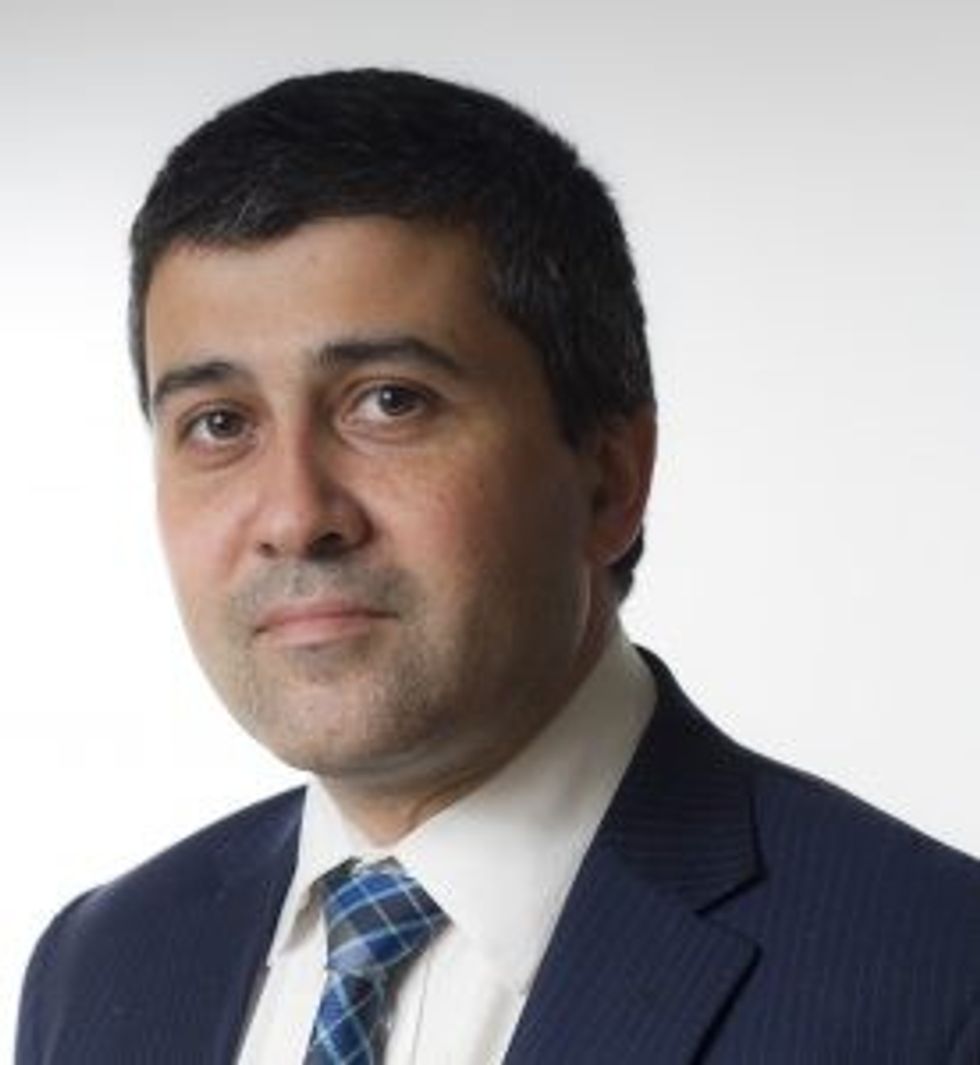By Amit Roy
FOR some Tory MPs and right-wing commentators, it seems their highest priority is to get people back into pubs.
That would indeed be nice, but perhaps Indians, Pakistanis and other British Asians, many of whom have underlying health problems and have much to fear from Covid-19, should oppose the shrill calls for a premature loosening of lockdown. The salient word here is “premature”.
You can always rely on a few Tory MPs, who are whipped into a state of frenzy by a section of the media (or possibly vice versa), to do the wrong thing.
For example, the hardline European Research Group demanded Brexit at any price. Now that it has happened, Brexit has not been an unmixed blessing for Scottish fishermen, who cannot export their shellfish to their previous markets in Europe.
Then we had the ‘Common Sense Group’ which attacked the National Trust for revealing that about 100 stately homes were financed by the slave trade or loot from the empire.
And now, the ‘Covid Recovery Group (CRG)’, apparently comprising 64 Conservative MPs, has written to prime minister Boris Johnson to say there will be no justification for Covid restrictions once the nine priority categories have been vaccinated.
The CRG have called for pubs and restaurants to open by Easter in a “Covid-secure” and “commercially viable” way.
Is it really that important to be able to go to a pub when – despite falling numbers – there were more than 23,000 Covid patients in hospital as of last Sunday (14)?
These MPs appear to have forgotten that more than 117,000 people have died of Covid. By the time the pandemic ends, will the total be 150,000 or 200,000?
I don’t know for sure, but I wouldn’t be surprised if the three groups have several MPs in common. All I can say is where people’s lives are at stake and easing restrictions too soon could cause a new surge in infections, Boris should not be pressured by the anti-lockdown lobby. He has said he plans a “cautious” reopening.
It is true, as the CRG says, that lockdowns have caused “immense social and health damage and had a huge impact on people's livelihoods”. This is precisely why a fourth lockdown must be avoided.
Boris should instead listen to the likes of Dr Shondipon Laha, a member of the Intensive Care Society, who said the Covid and flu viruses should not be considered similar just yet.
“It’s not just deadlier, it’s more debilitating,” Laha warned about coronavirus. “So we’re expecting to see significant numbers of patients who have had Covid who need intense rehabilitation.
“We know that every patient who comes to an intensive care unit needing ventilation loses muscle mass at two-three per cent a day,” he revealed, adding that many such patients could not stand and have problems with their long-term memories.
British Asians should carefully consider their options. Given the chance of being vaccinated against Covid, which can mean the difference between life or ending up in a body bag – sorry to put it like that – some have refused the offer of a vaccine.
Democratic freedoms are to be cherished, to be sure, but such folk should be encouraged to remain in permanent isolation, so that they do not harm others or become a burden to the NHS.












